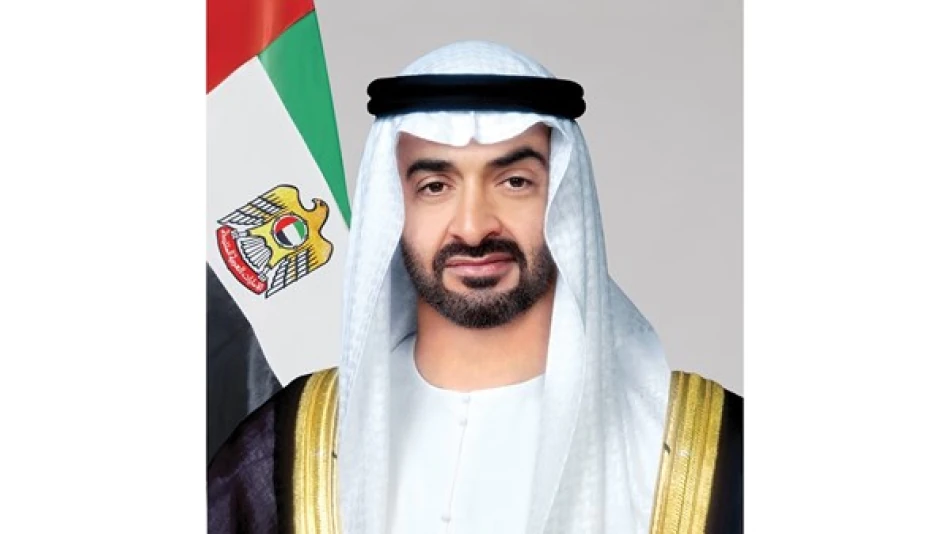
UAE President Concludes Official Visit to Georgia, Strengthening Bilateral Ties
UAE President Concludes Strategic Georgia Visit, Signaling Deeper Economic Ties
UAE President Sheikh Mohammed bin Zayed Al Nahyan concluded his official visit to Georgia today, marking another step in the Emirates' expanding influence across strategic transit corridors between Europe and Asia. The high-level diplomatic engagement underscores the UAE's growing appetite for partnerships in emerging markets that could serve as gateways for trade diversification.
High-Level Diplomatic Reception Reflects Strategic Importance
Georgian Prime Minister Irakli Kobakhidze personally led the farewell delegation at Shota Rustaveli Tbilisi International Airport, accompanied by senior government officials. This level of protocol attention signals the significance both nations place on strengthening bilateral relations.
Georgia's Strategic Value in UAE's Global Portfolio
The visit comes as the UAE continues to diversify its economic partnerships beyond traditional Gulf allies and Western markets. Georgia's position as a transit hub between Europe and Central Asia makes it particularly attractive for Emirati investors seeking alternative trade routes, especially as global supply chains face ongoing disruptions.
Investment Opportunities in Focus
Georgia has been actively courting foreign investment through its liberal economic policies and strategic location along the ancient Silk Road. For UAE sovereign wealth funds and private investors, the country offers opportunities in infrastructure, logistics, and technology sectors that align with Dubai and Abu Dhabi's expertise in building global trade hubs.
Regional Implications for Trade and Investment
This diplomatic engagement reflects a broader trend of Gulf states expanding their economic footprint in the Caucasus region. Similar to how the UAE has positioned itself as a bridge between East and West through Dubai's ports and free zones, Georgia offers comparable advantages for accessing European and Central Asian markets.
Comparison with Other UAE Regional Strategies
The UAE's approach to Georgia mirrors its successful partnerships with countries like Kazakhstan and Azerbaijan, where Emirati companies have invested heavily in energy and logistics infrastructure. This pattern suggests a deliberate strategy to create a network of economic partnerships across key transit corridors.
For investors and policymakers, this visit likely signals forthcoming announcements of concrete investment commitments or trade agreements that could reshape economic flows between the Gulf and the Caucasus region in the coming months.
Most Viewed News

 Layla Al Mansoori
Layla Al Mansoori






